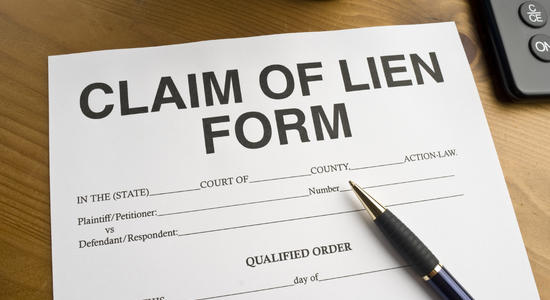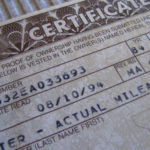Last Updated on March 22, 2018 by Jason Mason
A title lien is an encumbrance executed upon a car to serve as a security for the payment of a debt or performance of an obligation. It is simply a burden on the car title. For example, you borrowed money from the bank. You will execute a chattel mortgage over the car, meaning that you are subjecting the car to answer for the debt in case you are not able to pay your debt. However, this is not the only type of lien that can be levied over your car.
Types of liens
There is such a thing as a mechanic’s lien. It is the lien of the mechanic over the car which was repaired and his services have not been paid yet. It gives the mechanic the right to retain the car against the owner until payment of the services rendered. Another is the chattel mortgage that is executed by the owner of the car. If the owner buys the car in installments and is not able to pay the subsequent installments, the dealer from where the owner acquired the car can sell the car in a public auction so that he can be compensated from the loss he sustained due to non-payment of the buyer. A judgment lien is a lien imposed on a judgment debtor’s property. This means that after a court’s judgment or order, the car will have to be given to the person to whom the court’s judgment has awarded the car.
How will it affect me?
A title lien will affect a car buyer negatively. It all boils down to one point: you can be deprived of the possession of the car. In the few types of liens mentioned above, it is obvious that you will not be able to enjoy full possession of the car. If a mechanic is holding the car due to unpaid services, you cannot get a hold of the car despite of paying it in full to the previous owner. If the previous owner was not able to pay the installment and he suddenly sells it to you, you may have to continue the installments if the dealer or seller does not foreclose the chattel mortgage executed upon the car. If there is a judgment lien and a judgment is promulgated, you might be totally deprived of your car. A title lien can also affect the price of the premium you have to pay when you procure an insurance policy over the car. A lien holder might require full coverage to protect his interest in the car in case of an accident. While a lien holder does not determine the rates of premium, he will most likely require you to procure full coverage. The only way to release this burden upon yourself is to fully pay the price of the car, then you have the choice of buying an insurance policy at a lower rate with a lower coverage. It will also be hard to sell the car if you are in the buying and selling business and there is a title lien upon the vehicle. As much as possible, every buyer wants a car with no problems. A title lien on the car will make a buyer have second thoughts about buying the car.




